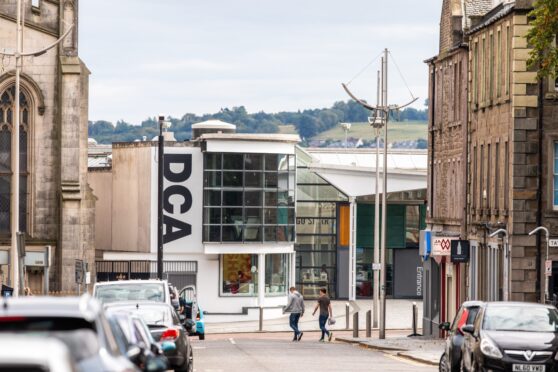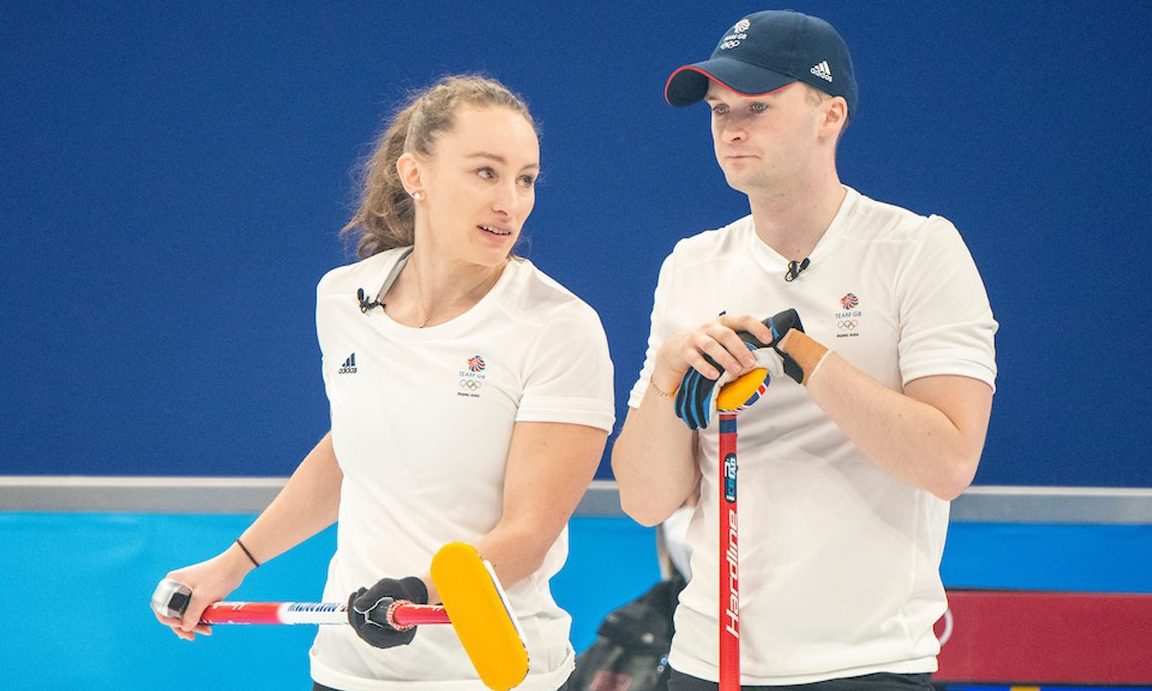I apologise if I describe you, your friends, or your relatives but I am becoming increasingly annoyed to be informed “I’m not gonna lie” when people start to speak.
Question: “Do you want a cup of tea?” Answer: “I’m not gonna lie, yes.”
It is entirely needless, a collection of words that mean nothing.
Why would you have to point out you are about to tell the truth? Does saying this signify that at other times you don’t tell the truth? Should anything you say that doesn’t have this phrase prefixed be regarded as factually suspect?
Is it an attempt to take the moral high ground? A claim of honesty in an otherwise dishonest world? I don’t think it is often used in such a meaningful way. It is more usually followed by a mundane statement: “I’m not gonna lie, I had two custard creams”.
It is so widespread it has become boring. Why use the same words that everyone else is using? Why not be an individual? Why not say something that shows your distinct personality, your vibrant vocabulary, the unique you. Otherwise, you sound like a drone, indistinguishable from the rest, another footsoldier marching in step with (what seems to me) half of the English-speaking world?
Indeed, I am bemused by the adoption of other people’s verbal habits. I try to never do this. It feels like wearing someone else’s clothes.
“I’m not gonna lie” is, of course, a crutch phrase to lean on. It is filler, a linguistic bad habit that has spread widely, infecting mostly the young.
We all use crutch words. Some say “honestly” (a close relative of “I’m not gonna lie”). Others pepper their speech with too many instances of: quite, really, actually, look, or basically.
There are many others – needlessly starting every sentence with “like” has always been particularly irksome. And have you noticed that people who say: “I’m not being funny, but . . .” rarely go on to say anything funny?
Sometimes a crutch is actually a gesture. Some people habitually shrug when they talk. Or adopt a distinct facial expression. Worst of all is an eye roll. I detest an eye roll!
I have a suggestion that would improve this “not gonna lie” phrase. It is simply to say nothing after it. If asked: “Does my bum look big in this”, answer: “I’m not gonna lie . . .” but don’t add any further words.
That is, I promise you, a powerful statement that doesn’t waste words. It is a statement of a thousand words without uttering any. Its eloquence is outshone only by its brevity.
It is, though, also highly inflammatory, may cause problems in your friendship or marriage, and might even result in a skelp. But at least you can feel that you have used language in a more meaningful way.
Word of the week
Degust (verb)
To taste something carefully to appreciate it fully. EG: “I don’t just drink a cup of tea, I degust it.”
Read the latest Oh my word! every Saturday in The Courier. Contact me at sfinan@dctmedia.co.uk










